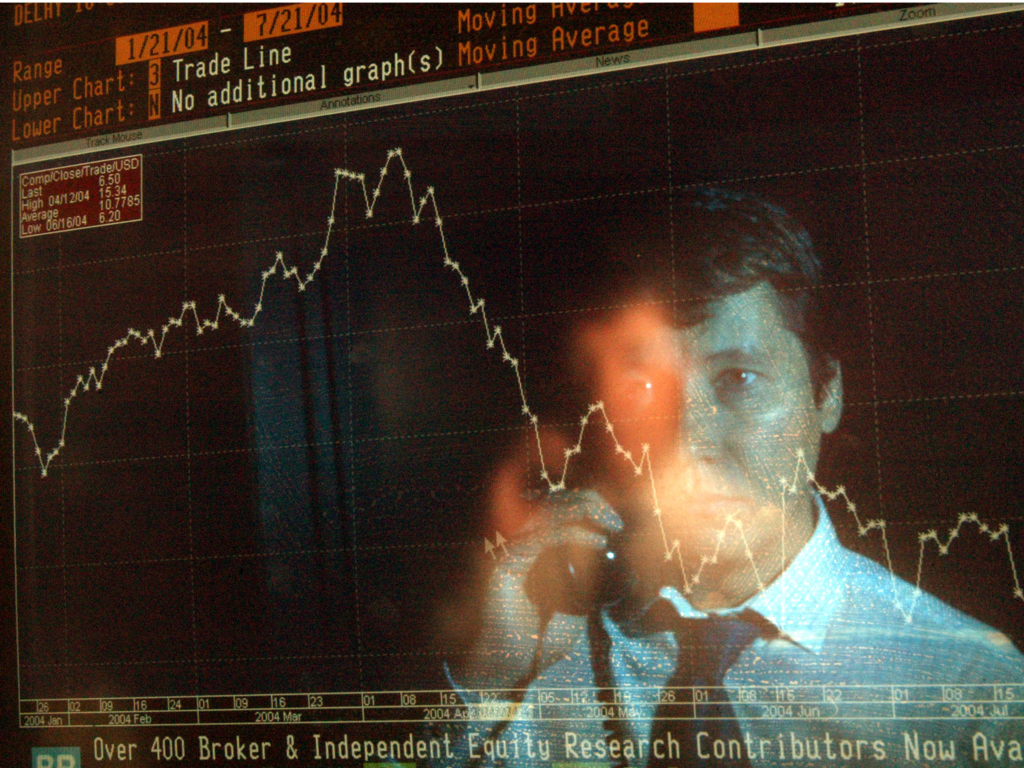 REUTERS/Viktor Korotayev
REUTERS/Viktor Korotayev
- Markets expect a 1.3% swing in the S&P 500 the day after the Iowa caucus, according to Cornerstone Research.
- Analysts across the Street have tried their hand at predicting the likely Iowa winner.
- Healthcare stocks have been the most reactive to the Democratic race so far, Goldman Sachs said.
- Visit Business Insider’s homepage for more stories.
With the results of the Iowa caucus far from set, financial markets already have one post-caucus prediction: a sharp swing in the S&P 500 set for the day after.
Options markets are pricing a 1.3% move — direction to be determined — for Tuesday, according to a Monday note from Cornerstone Research.
The Iowa caucuses are widely regarded as an early indicator of which candidate will ultimately gain the Democratic nomination. Both Barack Obama and Hillary Clinton, the party’s two most recent nominees, won the Iowa caucus. Seven of 10 Democratic presidential candidates who went on to the general election won the Iowa caucus first since its 1973 inception, according to the Des Moines Register.
“It is a big deal who wins Iowa,” said Andy Laperriere, analyst at Cornerstone.
That fact has set off a slew of prognostication from Wall Street analysts, with predictions gathering around a Sanders or Biden win. Lewis Alexander, chief economist at Nomura, predicts a close race between Vermont Sen. Bernie Sanders and former Vice President Joe Biden, according to a Monday note. Analysts at State Street are predicting a decisive Sanders win.
As betting markets have increasingly predicted Sanders will win the evening, the market has priced in more volatility for the day after, Laperriere said.
At top of mind is what each candidate’s win would mean for the likelihood that President Donald Trump will win reelection — and what that means for markets.
A Thursday research note from Ben Snider, analyst at Goldman Sachs, said that healthcare stocks have been the most senstitive to the 2020 election, adding that those with high exposure to the government traded closely with the likelihood of a Sanders or Massachusetts Sen. Elizabeth Warren nomination. Meanwhile, the XLV Healthcare Sector ETF has the highest volatility risk premium related to Super Tuesday, the day in March that the most states will vote for their democratic nominee, Snider said.
“Many investors believe Sanders can’t beat Trump, so him winning the nomination could be good for financial markets,” Laperriere said, adding, “We do not agree.” He continued: “If in a month or two from now it looks like Sanders is on his way to winning the Democratic nomination, he will in all likelihood be beating Trump.”













